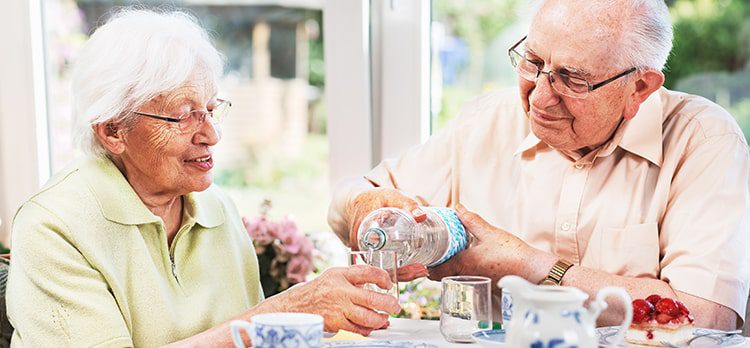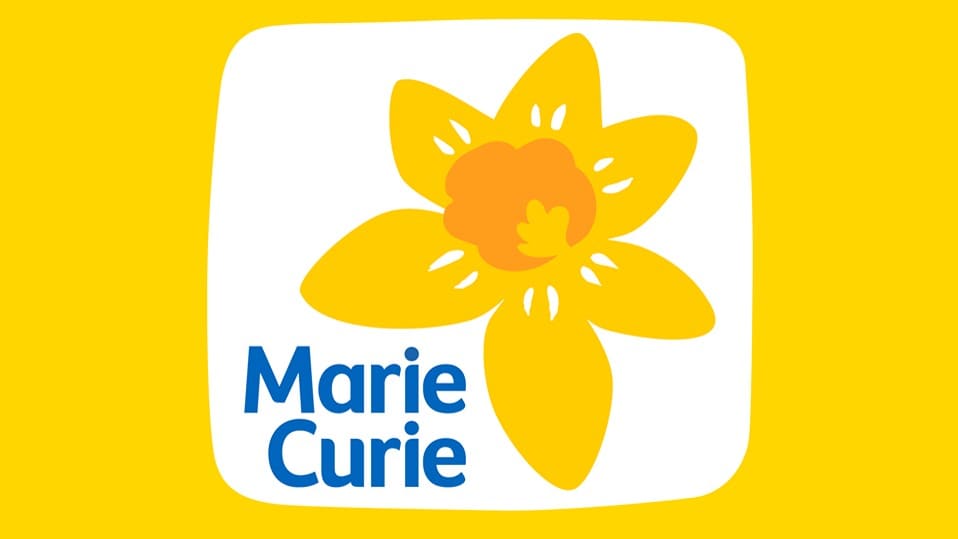It’s a fact for everyone that physical ability and mental wellbeing can start to decline with age which makes living independently more difficult. You may have noticed changes in an elderly relative the last time you visited or, if you’re currently a carer, you might be struggling to cope.
When it comes to looking for home care, or live in care, for elderly relatives, the cost and stress of the process can seem prohibitive. However, there is help available.
What kind of home care support is available?
There are different types of homecare support depending on the individual needs of your elderly relative. Don’t worry, your local authority will decide whether you’re eligible for home carers or a personal assistant.
- Home care services usually help in the following way:
- Getting in and out of bed
- Bathing and washing
- Preparing meals
- Cleaning
- Fitting equipment and adaptations to your home, such as stairlifts and bath seats
- Going to a day centre
Home care offers more flexibility compared to other services, whilst offering different levels of care without a long-term commitment. For instance, your elderly relative may just need some help whilst they recover from an operation, when they’re feeling better they won’t need the help anymore.
We’ve listed some tips and advice below so that you can get support for an elderly relative at home..
Choosing the right home care provider
These days, more and more families are choosing to get home care services over residential care to have a safer and more affordable option, whilst allowing their elderly relatives to stay in their own homes.
This can feel like a very big decision, after all, your relative’s wellbeing is effectively being put into the hands of the agency that you choose. However, there is help available to help you make the right decision.
Any home care provider you go to should work with you to determine the level of care your elderly relative might need.
For certain cases, they may refer you to another provider if they can’t provide the right level of care. It’s important you have an in-depth discussion about the type of care that will be delivered to your loved one and the expectation of your care provider.
For third party, unbiased reviews, consumer rights champions, Which? provides a care services directory, which includes the latest information and rankings for home care providers, with clients leaving reviews of the care at home they’ve received.
You can also find more information about agencies via the Care Quality Commission, which is the industry regulator in England, for Scotland, it is the Care Inspectorate.
Getting some perspective on costs
Once you have a list of potential home care providers that look like they might be suitable, it’s important to establish exactly what the cost of care is and what care options are available
Bear in mind that charges will be higher at the weekend and on a bank holiday.
You will be able to obtain a list of costs up front from any home care provider, helping you to make a decision. You may need to balance cost with trust and reliability. It’s often worth paying a little more for a service provider you feel you can trust.
Make sure you take advantage of any third party sites, like Which?, which will give you some more insight into the provider you’re choosing. A good place to start is by getting in contact with your local GP, pharmacy or social workers that will be able to point you in the right direction.
The concept of a Personal Assistant
The NHS suggests a personal assistant as an alternative option for home care for older people. This option can be cheaper than looking for this kind of support from a domiciliary care agency.
However, it’s worth bearing in mind that whoever pays the Personal Assistant becomes an employer, which generates its own set of paperwork and responsibilities.
A personal assistant can help to keep your elderly relatives home clean and tidy, help with their shopping and be a general support to them. For some providers, this may fall under a companionship service to help keep your elderly relatives independent.
Support from the local council
There is often an assumption that the local authority will cover the cost of home care for elderly relatives. However, this is not always the case. For those who have more than £23,250 in savings, there is unlikely to be any contribution towards home care fees from the council.
There are roughly four million people in the UK over 65 who are thought to have care needs and just 850,000 are likely to qualify for financial support.
For those who might, the first step is a care needs assessment from the local authority. A care needs assessment is based on an individual, so if your elderly relative is living with a spouse, only the finances of the person needing the financial support are used for assessment purposes.










